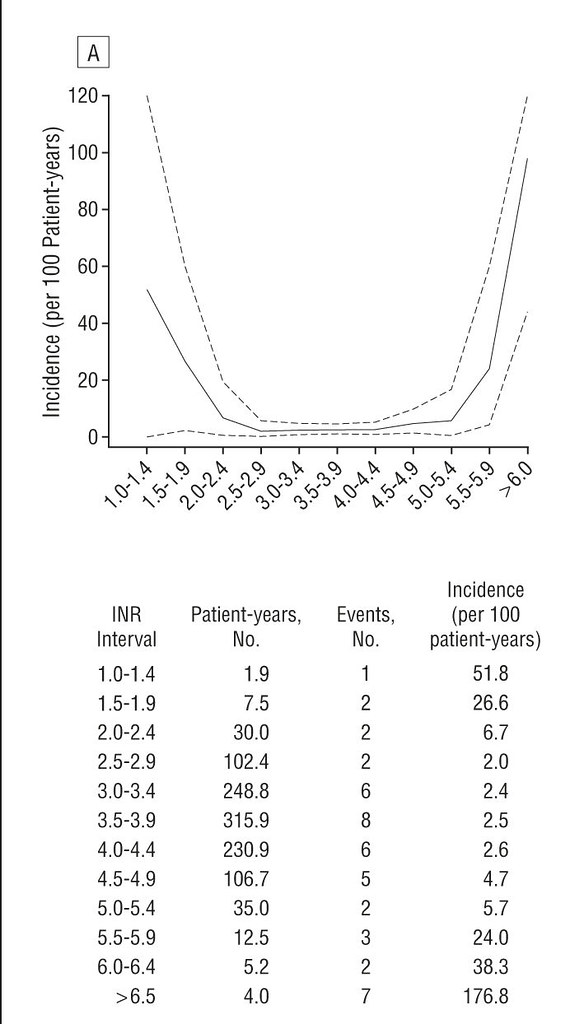Jimmyk
Well-known member
First of all, it seems like everything I used to enjoy eating or drinking,has some kind of interaction with Warfarin.
I have always enjoyed going to the sports bar on the weekends, watch games, and drink beer.
I’m sorry, but there are some things that I don’t want to give up. I know there’s a risk of bleeding, while consuming alcohol, but is this something that can happen while sitting in the bar stool?
I do self test, would testing the day after going to the bar, be my best day to test?
I have always enjoyed going to the sports bar on the weekends, watch games, and drink beer.
I’m sorry, but there are some things that I don’t want to give up. I know there’s a risk of bleeding, while consuming alcohol, but is this something that can happen while sitting in the bar stool?
I do self test, would testing the day after going to the bar, be my best day to test?

























